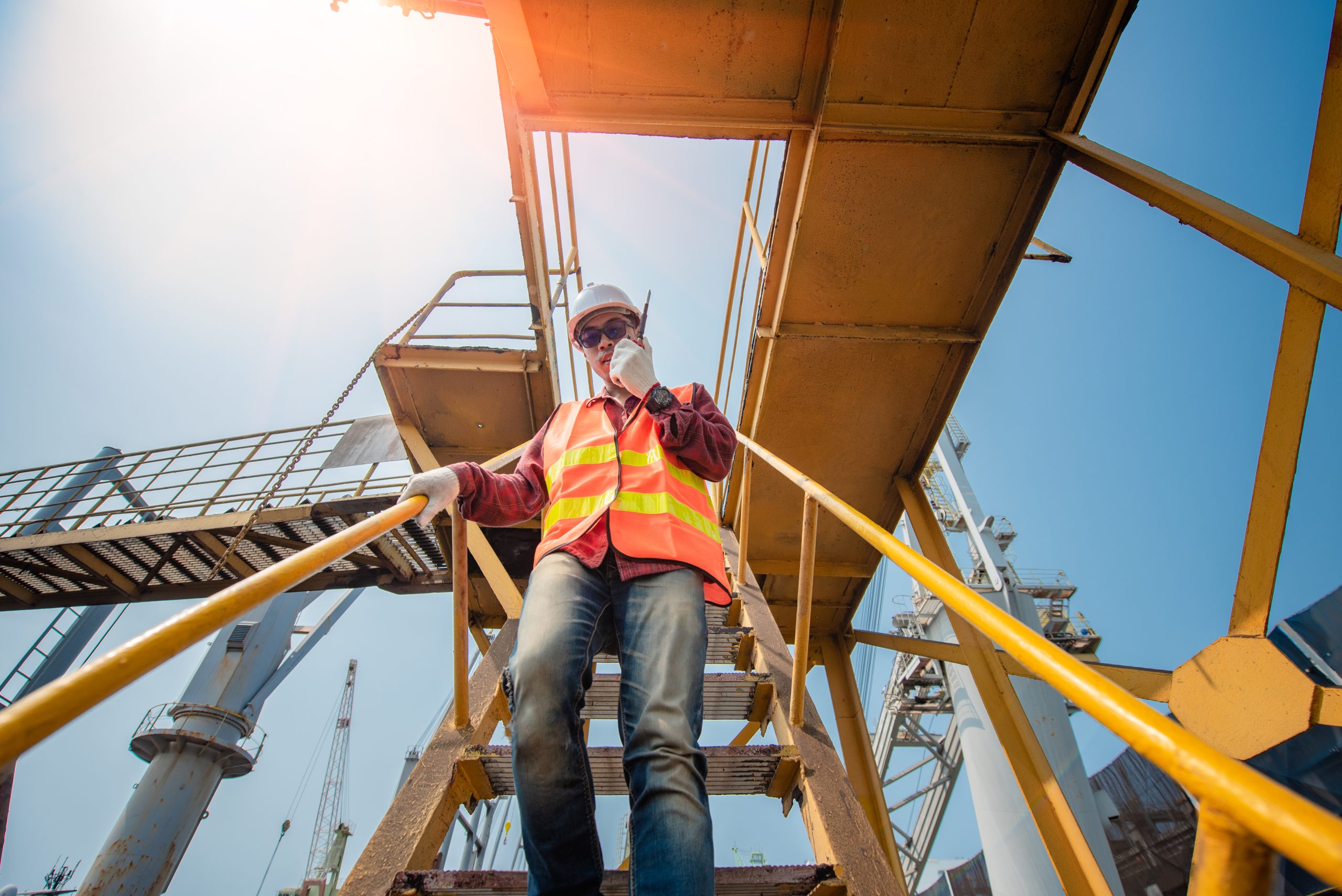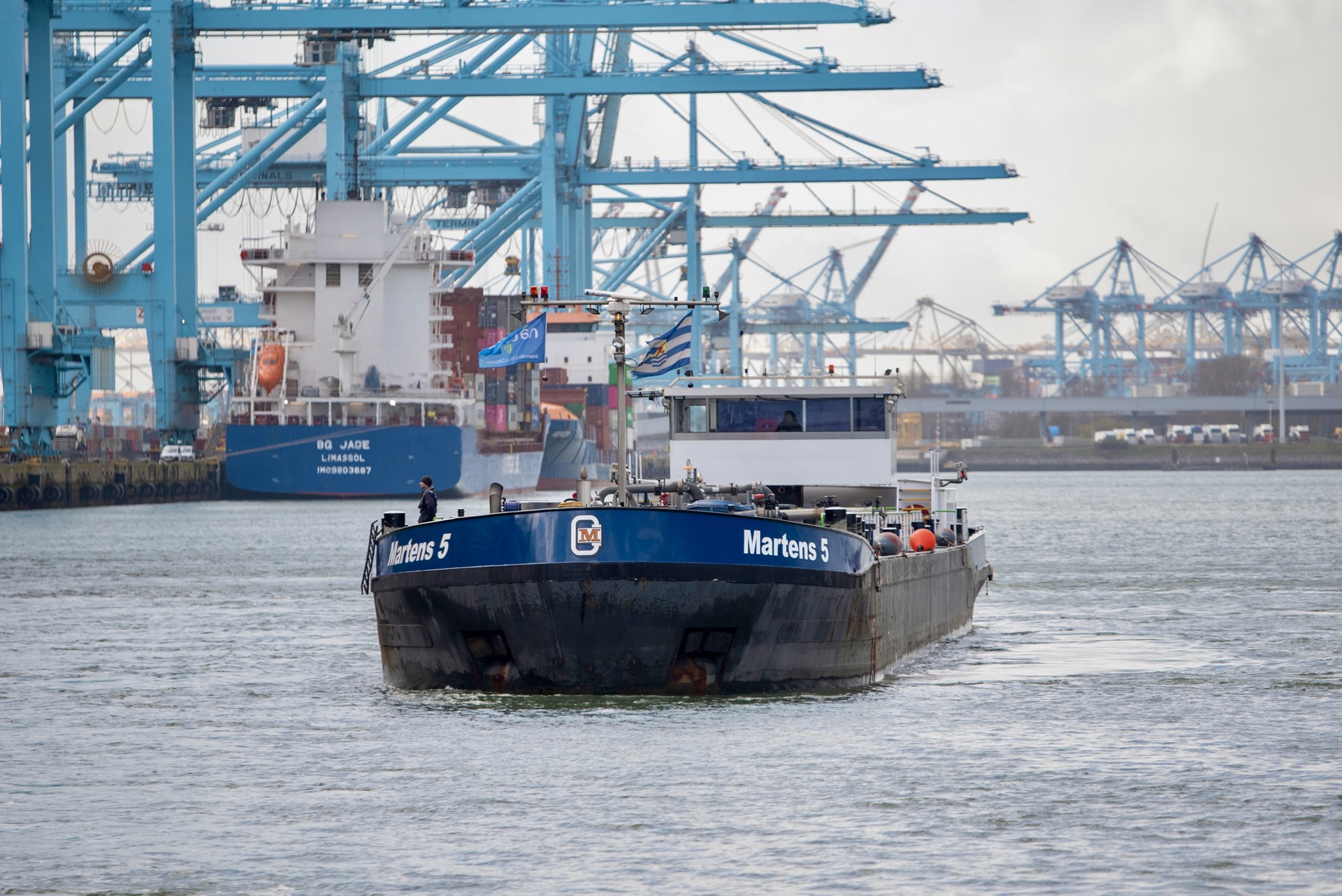We uphold a zero accidents philosophy, ensuring that health, safety, and environmental protection take precedence. Our goal is clear – zero injuries, no accidental pollution, reduced environmental impact, and no damage to cargo, ships, or other properties. We are dedicated to implementing and maintaining safety management systems, policies, and procedures, aligning with national and international regulations and ISO standards.
Quality, Health, Safety & Environment (QHSE)
Burando Atlantic Group Policy
At Burando Atlantic Group, we embed a culture of continuous care, putting the safety of people and the environment first. Our focus on safety is key to creating a secure, dynamic, and healthy workplace. This is the reason we believe safety is a collective duty, and we are committed to establishing a culture where everyone takes responsibility for ensuring each other’s safety. Simply on the grounds that nothing we do is so important that it cannot be done safely.
Zero accidents philosophy

Comprehensive employee safety training
Our commitment to safety extends to comprehensive staff development and professional training, emphasizing personal and operational safety. In addition, our seafarers undergo annual safety and security training to maintain their knowledge and awareness, ensuring the safety of crew, vessels, and cargo. Moreover, we are dedicated to evaluating risk, reviewing performance, and transparently sharing experiences to foster a safety-focused environment.

Committed to quality and environmental responsibility
We prioritize excellence and environmental stewardship, holding ISO 9001 and ISO 14001 certifications to ensure continual improvement, compliance and sustainable practices. Our longstanding ISO 9001 certification reflects our dedication to quality management systems, guaranteeing consistent delivery of products and services that meet customer and regulatory requirements. The ISO 14001 certification showcases our effective environmental management system, emphasizing our commitment to reducing environmental impact through risk management, pollution prevention, and resource efficiency.

